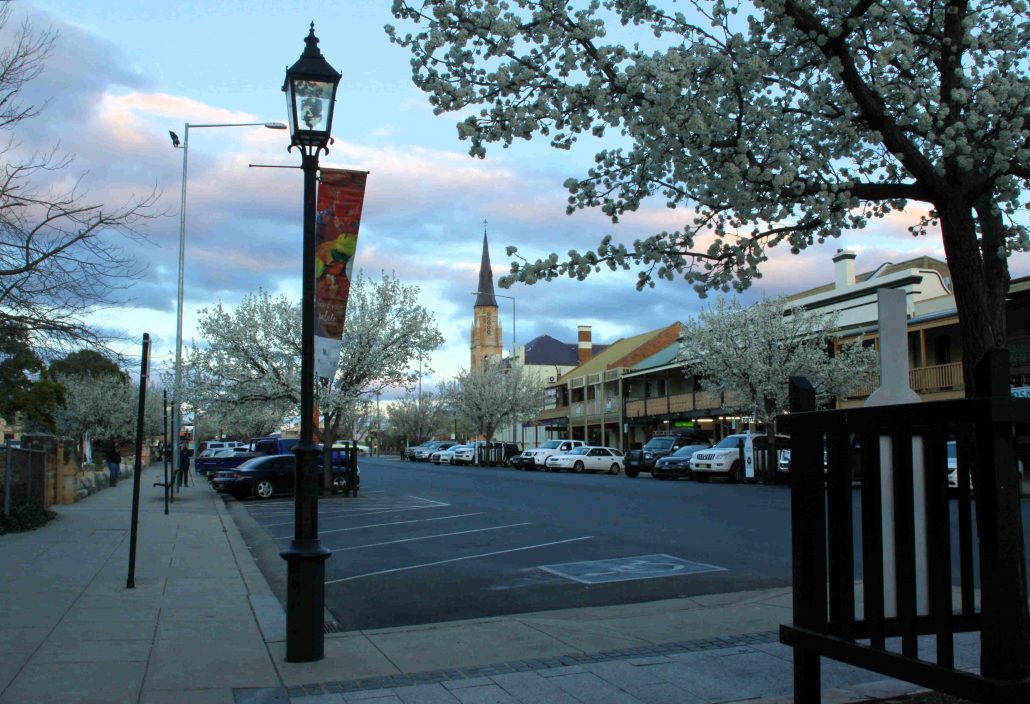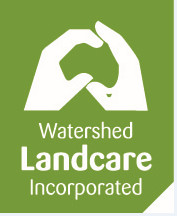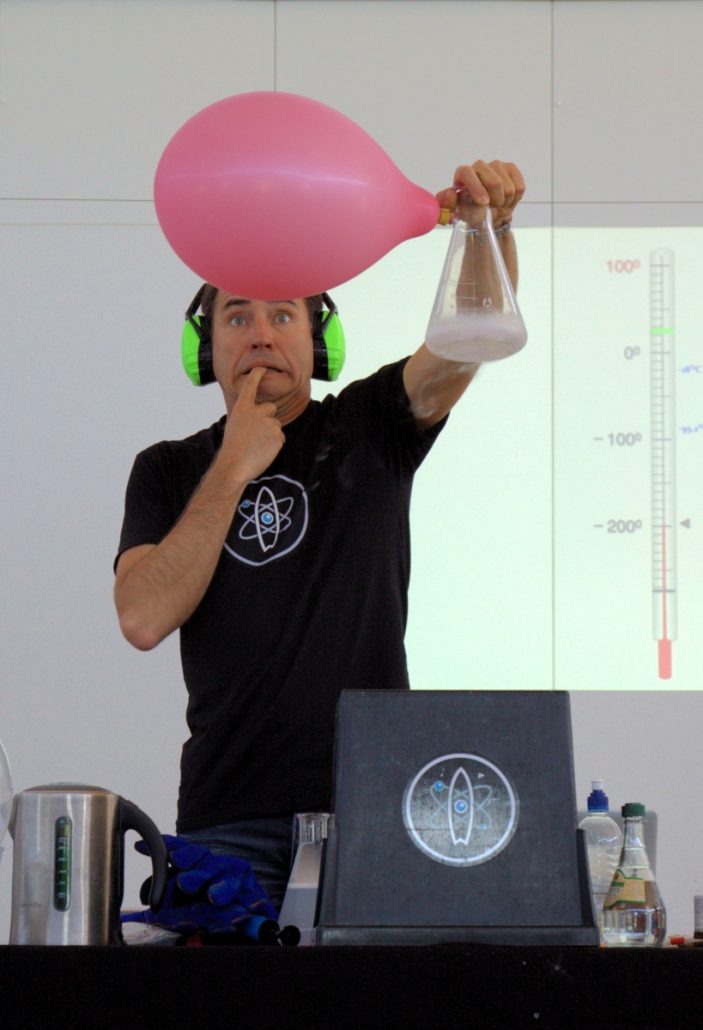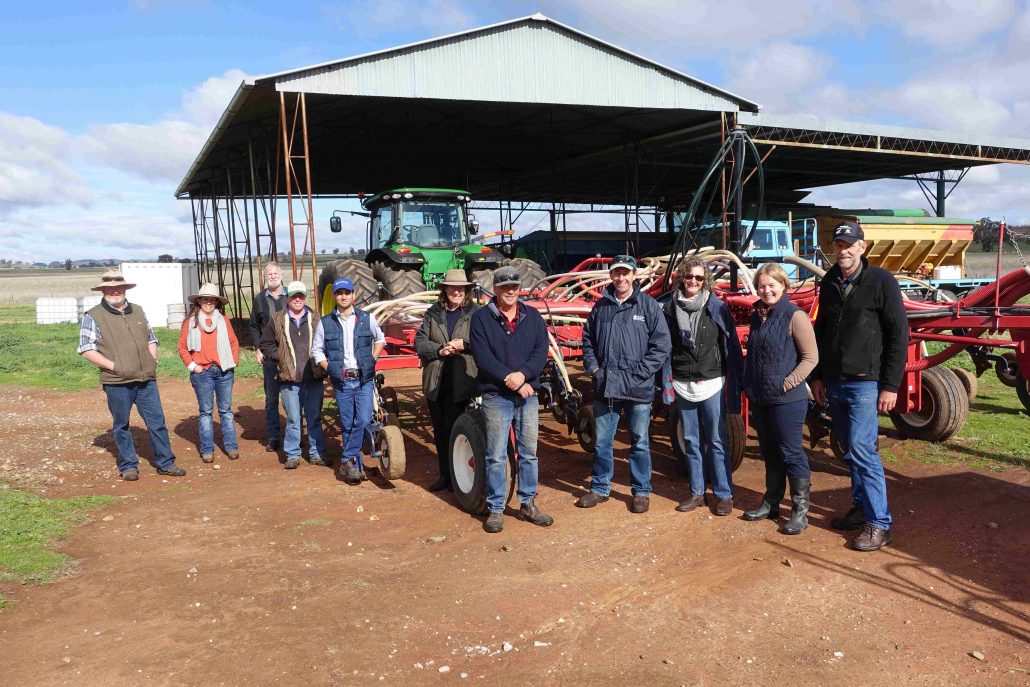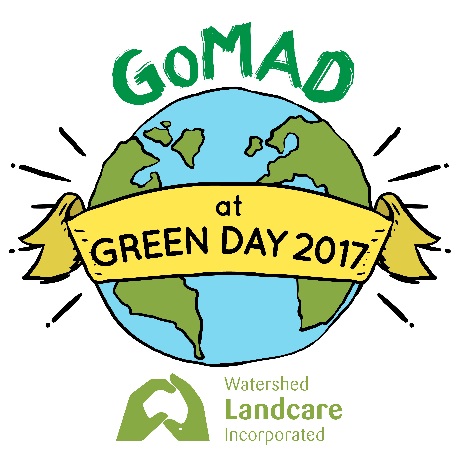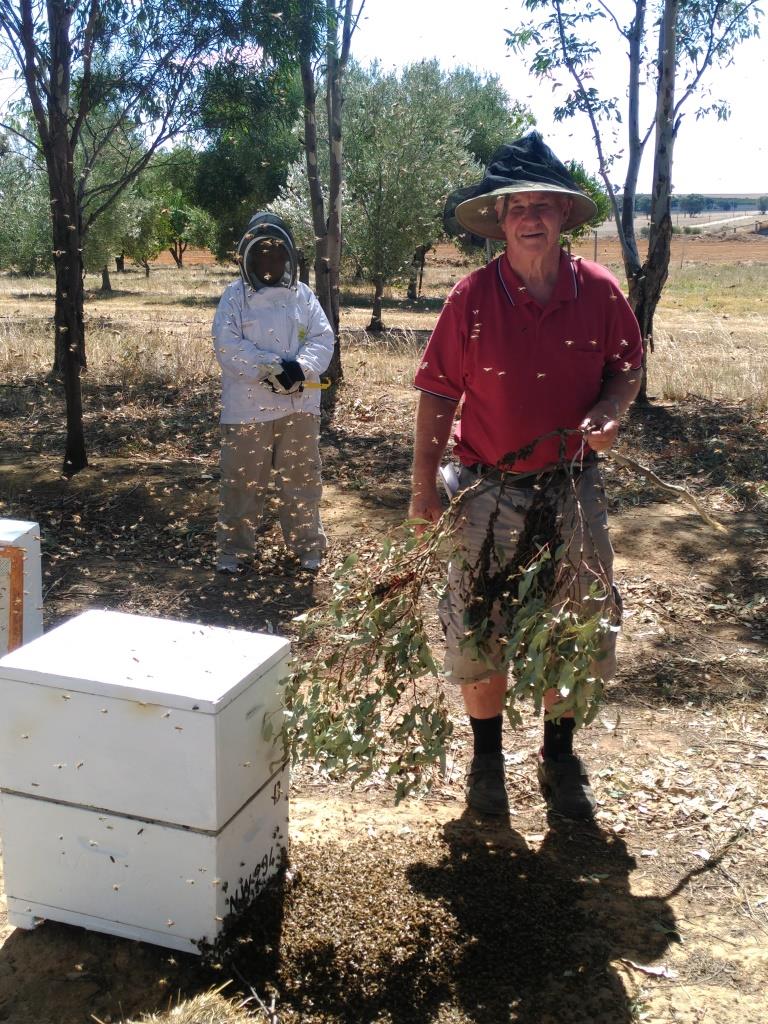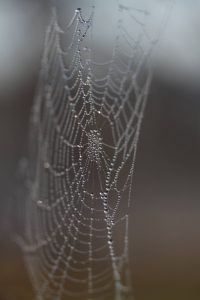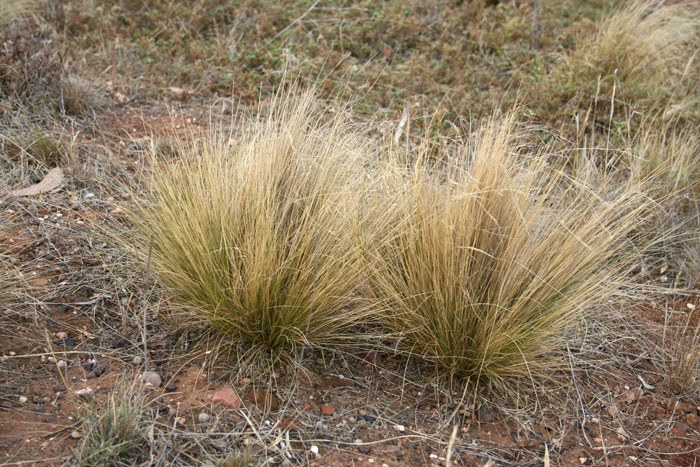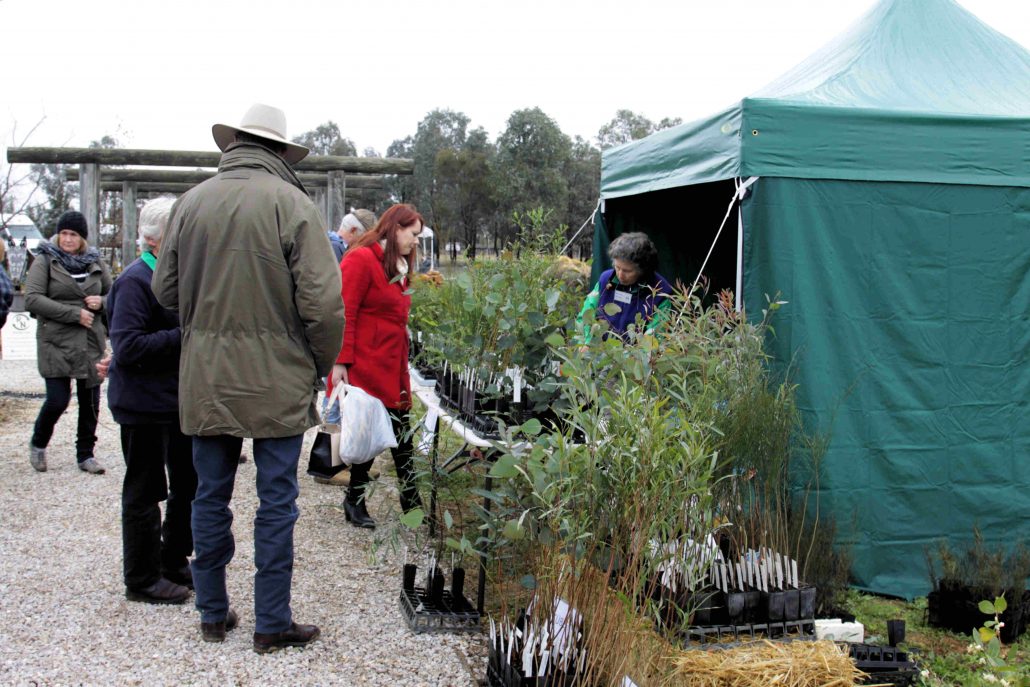Environmental expo a success
The biggest event on Watershed Landcare’s calendar is over for another year.
The Green Day environmental expo for year 5 and 6 students from schools across our region was held at Mudgee Showground last Thursday.
“Everything ran very smoothly, which is no mean feat with coordinating nearly 600 kids from 13 schools and 20 workshops and presenters.” said Watershed Landcare Chairman, Craig Dennis.
The theme of this year’s Green Day was GoMAD – go make a difference – and the event coincided with Threatened Species Day and Outdoor Education Day.
“The students got plenty of fresh air and learned about biodiversity and what they can do in their home and school environments to help protect our native plants and animals.” said Mr Dennis.
Other workshops focused on the themes of reducing waste, water and energy consumption with presenters from Central Tablelands Local Land Services, Mid-Western Regional Council, Red Hill Environmental Education Centre, NetWaste, Niche Environment and Heritage, Barnson Pty Ltd, Royal Agricultural Society, Crave Natural and Rosby Sculptures in the Garden.

Students making horse sculptures at Green Day which will be exhibited at Rosby’s Sculptures in the Garden in October.
“The students were encouraged to take away lessons learned on the day by making pledges of what they can do at home or school to improve the environment and live more sustainably and to share the message with their friends and families.” said Mr Dennis.
Our keynote speaker, Ruben Meerman, delighted students and teachers alike with his spectacular science demonstrations. With the aid of liquid nitrogen, lasers and ordinary household items like food colouring and balloons, Ruben demonstrated simple scientific concepts like evaporation and condensation which helped to illustrate more complex ideas like water circulation in the atmosphere and how it affects climate.
“Green Day would not be possible without the generous support of our sponsors, because of them it continues to be a fully subsidised event and it means every child can attend.” said Mr Dennis.
“We would also like to thank all our volunteers for their hard work behind the scenes to make the event such a success; Mudgee High School students who acted as guides, the Peabody crew who prepared the kids lunches, our members and, last but not least, Viv Howard our Green Day Coordinator for bringing it all together.” he continued.
Watershed Landcare would like to acknowledge the support of Mid-Western Regional Council, Office of Environment and Heritage, Central Tablelands Local Land Services, Peabody Energy, Moolarben Coal, Red Hill Environmental Education Centre and Niche Environment and Heritage.
This event is supported by Watershed Landcare and is a part of the NSW Government’s Local Landcare Coordinators Initiative, supported through the partnership of Local Land Services and Landcare NSW.

